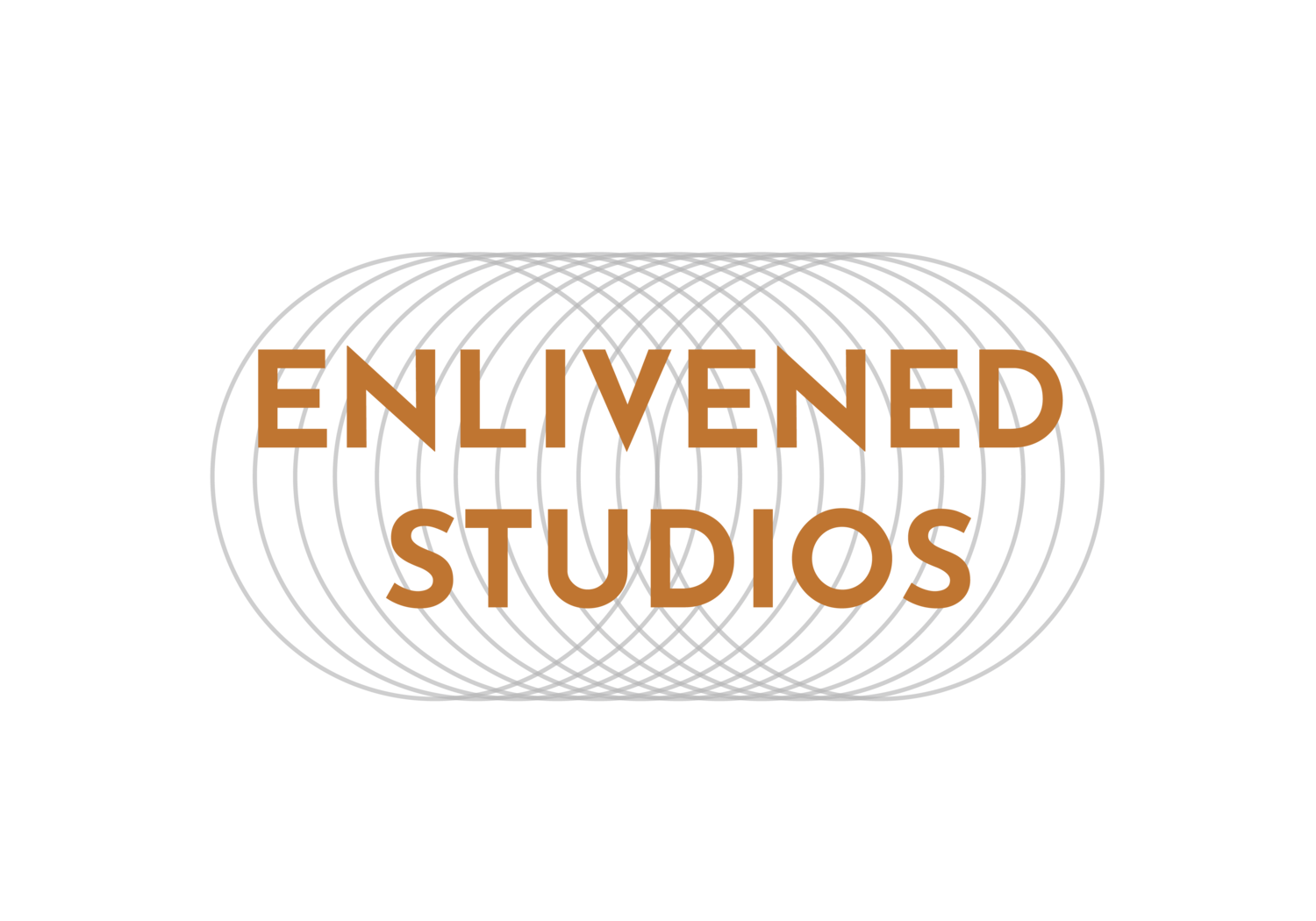Hear Me Out
I have a voice and when I use it, pretty amazing things come out. Insights, wonder, inquiry, declarations. My voice is worth listening to.
But most of the time, I rely on perfect eloquence and fact-checked clarity. I wait to be sure my ideas are "right" and "true". Valid. Worth hearing.
Why?
Isn't my voice important, regardless of its crystal cleared-ness and hundred percent-edness? I know the answer is a resounding 'yes' but still I remain quiet over most dinner conversations. Or when I do make external what's inside, I then sit and wait for someone to call my bluff with claims of being misinformed.
I often wonder if this hesitance is rooted in my upbringing. Or perhaps cultural influence, my hardwired belief system from childhood, my manners. Or perhaps it's the pervasive burden of gender bias. Invisibility is real for women, and it becomes more so with age. Perhaps this is the starter kit to that. Maybe I need to buckle in, sit back and skyrocket...downward, into hushed voice-hood.
No. That doesn't seem right either. Not to mention: passivity and acquiescence aren't really my jam. So I contemplate other answers.
In her book "Braving the Wilderness", Brene Brown reminds us to "never underestimate the power of being seen." (Or in this case, heard.) I like the raw truth in that idea. Our interconnectedness is real, non-negotiable. And so we rely on one another constantly to exchange respectful attention; to fulfill a shared need of being visible, audible, with insights worth hearing - regardless of how aligned or mismatched they are to our own ideology.
And we all have to do our part to actualize this. Connection, engagement, dialogue are not one-sided. They take effort and a great many times, they take courage. Standing behind our voice isn't always easy.
I think this is where the principles of improv, again, tie in beautifully, because:
- There are no written lines to deliver when debating women's rights, immigration, gun law with family and friends. Life is unscripted.
- Saying 'yes, and...' can be a constructive way to honor varying views while getting to the heart of our own.
- Being boldly curious - however vulnerable - will most certainly lead to a more evolved perspective, even when it doesn't line up with our own value/truth system.
(The list goes on. Improv is indisputably powerful that way, and I'm truly lit up every time I ponder its application to life and communication. More on that in my "Yes, and..." post and likely interwoven throughout many future ones.)
And this notion of needing to know everything is bullshit, quite honestly. (Yes, I say this with conviction, as I try and convince myself of the idea!) Because isn't it enough to have a stance, and then use our questioning minds to evolve it? Or in some cases, change that stance altogether? To say what we believe to be true, and then stay open for feedback from others, no matter how high-frequency that feedback may be.
Notable Vipassana mediation teacher, Michele McDonald, introduces four key qualities of mindfulness she calls R.A.I.N. that I think apply nicely here. They are:
Recognition: notice that you are experiencing something - a feeling or emotion; step back into observation vs. reaction - i.e. my uncle just said something that offended me and my moral stance here.
Acceptance: acknowledge the feeling/emotion and let it be; without trying to change it - i.e. hmm...this is making me feel angry, frustrated.
Investigation: ask yourself what the impacts of this emotion truly are; do so with openness and curiosity and not with harsh psychoanalysis - i.e. this feeling of anger is making my heart speed up and my breath get short; I might blurt out something I'll regret any minute now. Breeeeeathe.
Non-Identification: have a thought/feeling/emotion, instead of being it- i.e. yep, this is how anger feels alright, but I'm not going to indulge in it. It doesn't really belong to me, but is instead fleeting and is passing now.
If we could pause in mindfulness - when our friend debates with confidence in favor of anti-abortion law or our uncle delivers an eloquent transcription of what he thought was an inspiring rebuttal by the President to the #MeToo movement - we'd have time to practice RAIN. Particularly non-identification: recognizing that this fear/doubt/anger/frustration in what we're hearing does not actually belong to us. They are emotions we don't need to lay claim to. Accepting them as "just happening" may be enough. Then we breathe, regroup and push through the (sometimes uncomfortable) dialogue with courage and curiosity.
Make no mistake: This. Is. Not. Easy. In fact, I have little to no idea how to do this work! But it's worth some thought and practice.
Another quote from Brene Brown, in her book "Braving the Wilderness", that I'll leave you with is this: "It's hard to hate up close. Move in." Stay in the game, actively contribute to conversation, be true to to our voice.
We are all worth a listen.
